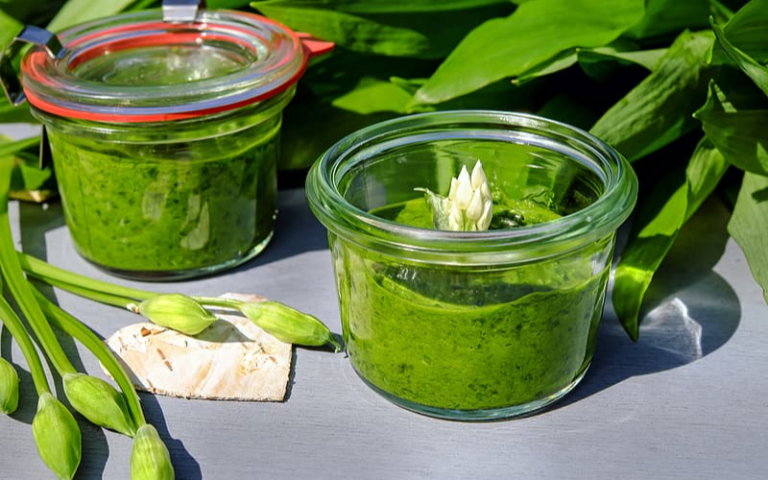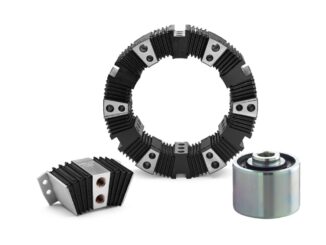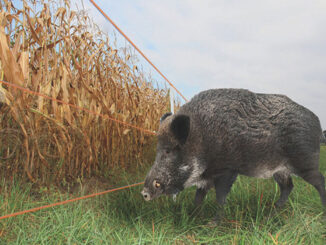Consumption of animal-based food raises several issues, such as the environmental impact of intensive farming. This is why we need vegetarian substitues to meat, just like mankai. Native to Southeast Asia, it is a protein-rich plant that also contains amino acids, B12 and iron. Its intake could therefore be a good solution to limit the consumption of products of animal origin. In addition, eating mankai allows to reduce postprandial glycemic response.

In recent years, we have increasingly turned to alternatives to animal protein sources. The consumption of animal-based food raises in fact several issues, such as the environmental impact of intensive farming. However, finding the right plant protein sources is difficult.
In fact, plants contain hardly all the eight amino acids needed to build our body’s proteins, as well as iron and vitamin B12. However, the solution to all these problems could come from a small aquatic plant. This is mankai or water lentil.
But what is exactly this plant and how could it replace meat?
What Is Mankai?
The scientific name for the mankai is Woffla globosa. Native to Southeast Asia, it is a protein-rich plant that also contains amino acids, B12 and iron. Its intake could therefore be a good solution to limit the consumption of products of animal origin. In fact, as many studies claim, excessive meat consumption can have negative effects on your health. In addition, eating mankai allows to reduce postprandial glycemic response. This is another beneficial effect that we must not underestimate.
According to several recent studies, mankai can definitely compete with foods of animal origin in providing such nutrients. The aim of these studies was therefore to measure the nutritional intake of this plant.
Analyzing the Potential Meat Substitute
A first research team subjected 36 men to different diets to compare the protein intake of cheese, peas and mankai. The tests showed that those who took mankai had good levels of protein in their bodies and vitamin B12 in their blood.
A second study focused on iron intake. In this case, the subjects who participated in the study had to follow a low-meat diet. Instead of meat, they had to eat smoothies containing Wolffia globosa. The results of the research are promising. In fact, they showed that a low meat diet does not compromise iron homeostasis when supplemented with mankai.
Finally, another research has evaluated the body’s glycemic response to this substance. To do this, 20 participants took yoghurt smoothies and smoothies containing mankai. With the same calories, carbohydrates, proteins and fats, mankai smoothies gave a lower, slower and less lasting glycemic response than yoghurt smoothies. They also offered a greater sense of satiety.
According to the results of these recent studies, mankai has the potential to become part of superfood. In fact, it is an excellent source of quality vegetable protein, vitamin B12 and iron. It also has potential beneficial effects on post-prandial blood glucose.




